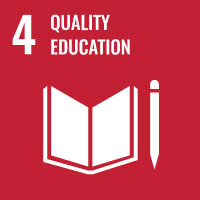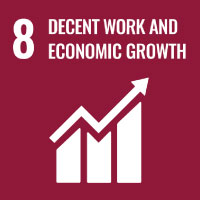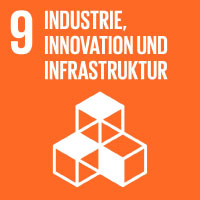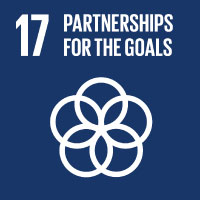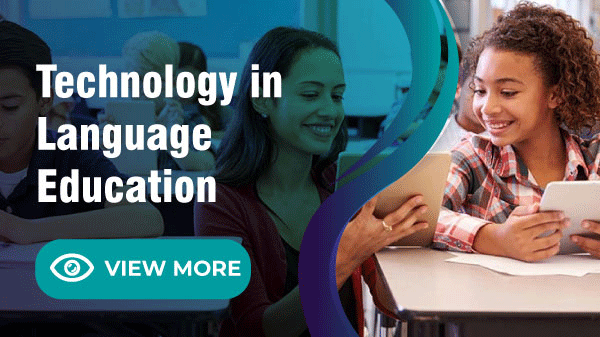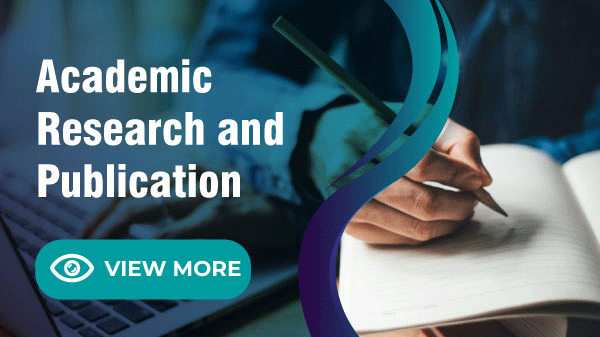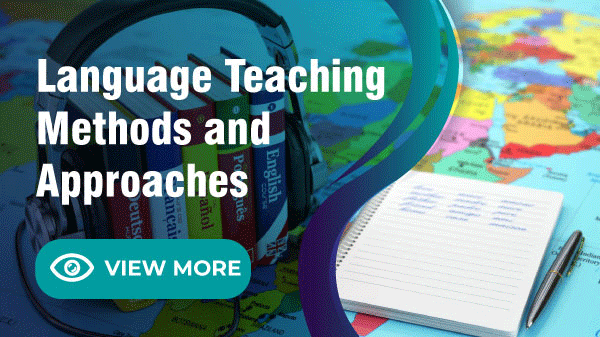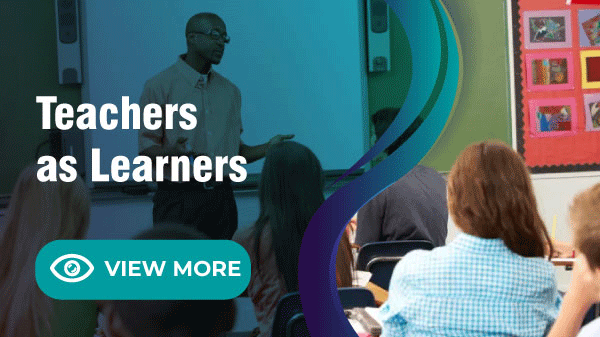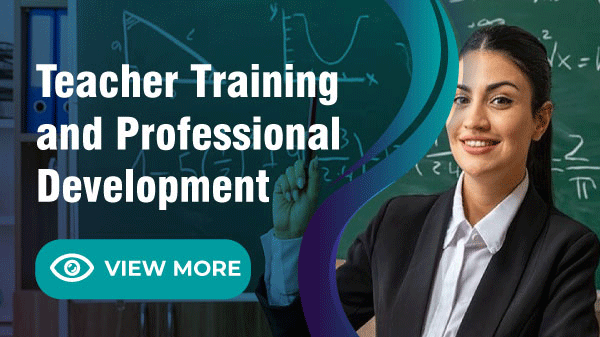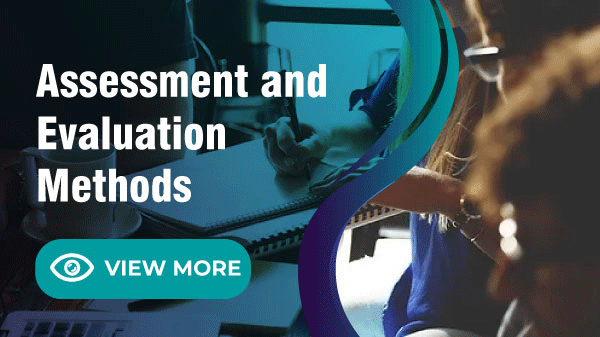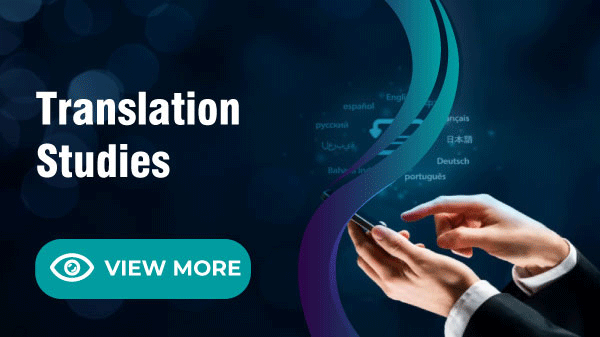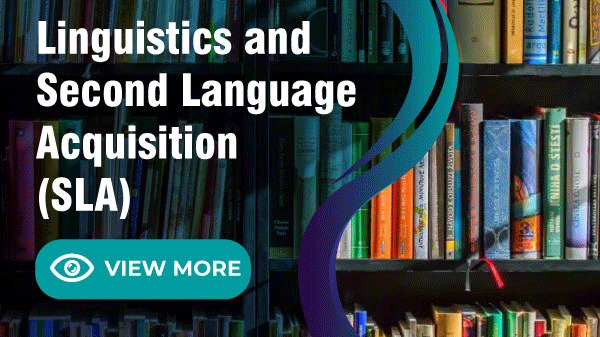Language Teaching Methods
and Approaches
Session Overview
Exploring both traditional and modern language teaching methods, this session highlights instructional strategies tailored to diverse learning environments. Attendees will examine methods such as communicative language teaching, task-based learning, and immersive approaches. With a strong focus on inclusivity and adaptability, this session advances SDG 4 by equipping educators with adaptable techniques to provide effective language instruction.
Language Teaching Methods and Approaches is
contribution to
The
Sustainable
Development Goals:
Goal 4: Quality Education
Goal 8: Decent Work and Economic Growth
Goal 9: Industry, Innovation, and Infrastructure
Goal 17: Partnerships for the Goals
Who Can Join
Tracks
Topics of Interest for Submission include, but are not limited to:
1 Communicative Language Teaching
2 Task-based Language Learning
3 Grammar-Translation Method
4 Audio-lingual Approach
5 Direct Method
6 Silent Way Method
7 Total Physical Response
8 Cooperative Language Learning
9 Immersive Language Techniques
10 Language through Literature
11 Interactive Pedagogy
12 Culturally Responsive Teaching
13 Role-playing and Simulation
14 Learner-centered Approaches
15 Project-based Language Learning
Key Themes ICLTL -2024
- Language education requires versatile and adaptive methods to meet the needs of diverse student groups. This session examines various teaching approaches, such as Communicative Language Teaching (CLT) and Task-Based Learning, which prioritize authentic language use and interactive learning. Through these approaches, teachers can create an immersive environment that encourages students to practice language skills in meaningful, real-world contexts. The session emphasizes the importance of creativity in lesson planning to foster engagement and student-driven learning.
- Additionally, these methodologies are connected to achieving SDG 4 by promoting inclusive and innovative learning methods. By integrating both traditional and modern practices, such as blended learning, educators can cater to various learning styles and levels of proficiency. The session will provide educators with actionable insights into implementing these approaches effectively, equipping them to inspire students and build confidence in their language skills. This approach to language teaching not only enhances proficiency but also cultivates a lifelong interest in language and culture.
Theme: Driving impactful language research and scholarly publication for knowledge advancement.
Scope & Benefits of Attending ICLTL-2024 conference

Benefits of Attending ICLTL
2024
- Attending these sessions provides invaluable scope and benefits aligned with SDG goals, Scopus publication opportunities, certifications, awards, and IFERP scholarships:
- SDG Contributions: By enhancing skills and knowledge in modern language teaching, research publication, and cross-cultural communication, attendees actively support global SDG objectives, particularly SDG 4 and 17, through impactful educational practices
- Scopus Publication Opportunities: Attendees have the chance to publish their research in recognized Scopus-indexed journals, contributing to global scholarship in language education and enhancing their academic and professional profiles.
- IFERP Awards, Certifications, and Scholarships: Participation in ICLTL-2024 brings certification of participation, eligibility for awards recognizing research excellence, and potential scholarships, which underscore professional growth, acknowledgment, and support for continued academic contribution.
Author Guidelines
Guidelines for Abstract Submission:
- Language: Abstracts must be written in English.
- Length: Limited to one paragraph with 200-250 words.
- Format: Submit in MS Word (.doc or .docx) document format.
- Content: Abstracts should provide an informative summary of the original work. Include a brief biography with your abstract, following the example provided in the template.
- Formatting: Center-align the Title, Author's Names, and Affiliations. Underline the presenting author's name.
- Submission: Please submit your abstract through the designated submission portal.
- Acknowledgment: Upon abstract submission, you will receive an acknowledgment email within three working days.
Evaluation Process
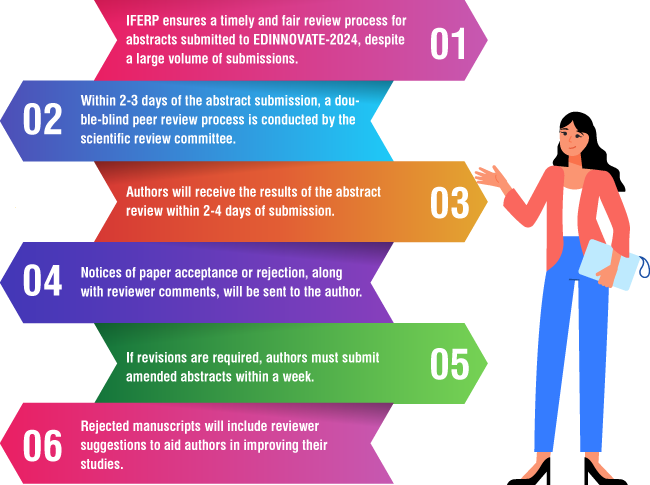
Guidelines for Full Paper Submission
If your abstract has been accepted and the registration fee for ICLTL-2024 has been paid, you are invited to submit the full paper. Please adhere to the following guidelines for the submission:

- Total number of pages: 6-8 in double-column format
- Language: English (checked for grammar and language errors)
- Tables, figures, and images should be properly named and of high quality.
- Keywords should be written in lowercase letters (except for names/scientific names) and separated by commas.
- Affiliation names, including the country, must be provided.
- Each paper should be structured into the following sections:
- Background, Motivation, and Objective
- Statement of Contribution/Methods
- Results, Discussions, and Conclusions
Once your full paper is prepared according to the above instructions, please proceed to submit it through the provided link. Submit your Full paper Here.

